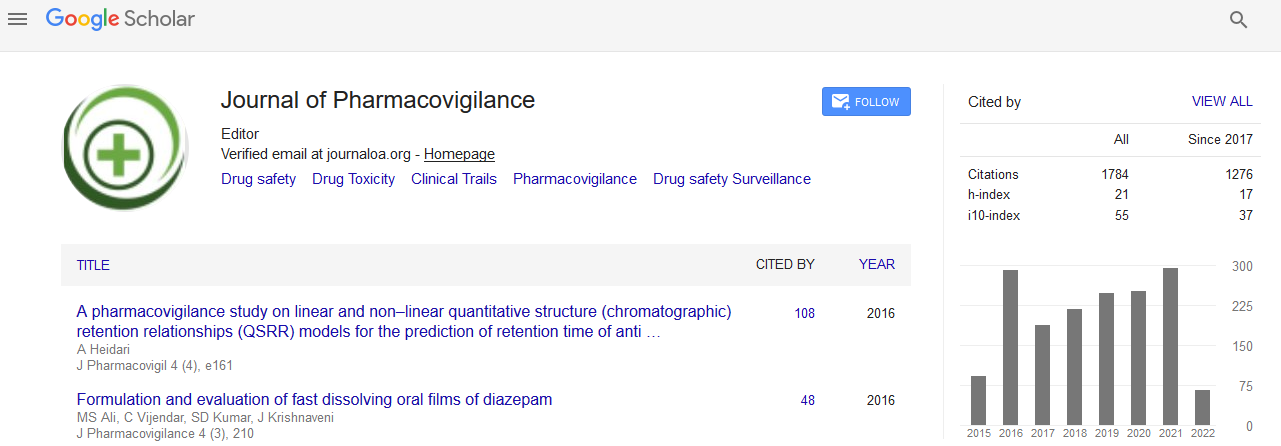Indexed In
- Open J Gate
- JournalTOCs
- The Global Impact Factor (GIF)
- RefSeek
- Hamdard University
- EBSCO A-Z
- OCLC- WorldCat
- Publons
- Euro Pub
- Google Scholar
Useful Links
Share This Page
Journal Flyer

Open Access Journals
- Agri and Aquaculture
- Biochemistry
- Bioinformatics & Systems Biology
- Business & Management
- Chemistry
- Clinical Sciences
- Engineering
- Food & Nutrition
- General Science
- Genetics & Molecular Biology
- Immunology & Microbiology
- Medical Sciences
- Neuroscience & Psychology
- Nursing & Health Care
- Pharmaceutical Sciences
Abstract
Sudanese Clays for Heterogenous Methanolysis of Castor Oil
Abdul Rahim Yacob and Ahmed Mahgoub Saied Mohmedahmed
Objective: To modify two Sudanese clays, called Jourdiqua and Jabbalmarra, with different loading of HCl, 0.1 M, 0.2 M, 0.3 M, 0.4 M, 0.5 M and 1.00 M in order to increase their catalytic activities and then used in methanolysis of castor oil.
Methods/Statistical analysis: Both raw and modified clay samples were used as catalysts under reaction conditions; 5wt% of catalyst to oil, molar ratio of methanol to oil of 27:1, 4 h reaction time and temperature of 67°C. The unmodified and modified clay samples were characterized by, thermogravimetric analysis-differential thermogravimetric (TGA-DTG), Brunauer-Emmett-Teller (BET), inductively coupled plasma-emission spectroscopy (ICP-ES), atomic absorption spectroscopy (AAS), X-ray powder diffraction (XRD), Fourier transform infra-red (FTIR) and field electron scanning emission microscopy (FESEM).
Finding: Application/Improvement: BET analysis showed increase in specific surface area for both Jourdiqua and Jabbalmarra clays. Elemental analysis by ICP-ES showed decrease content in elements of Al, Mg, Na and K for both clays, due to the acid leaching. The biodiesel conversion was monitored using nuclear magnetic resonance (NMR) spectroscopy. An increase in conversion was observed for Jourdiqua clay from 51% to 90% when treated with 0.5 M HCl, the optimized concentration for the modification, while for Jabbalmarra 22.5% conversion was obtained with raw clay and after modification gave conversion of 82% in reaction conditions of temperature 65°C, reaction time of 4 h, molar ratio of methanol to oil of 18:1 and catalyst loading of 9%. It was observed that acid modification with 0.5 M HCl have improved tremendously the catalytic capability of the raw clays.


